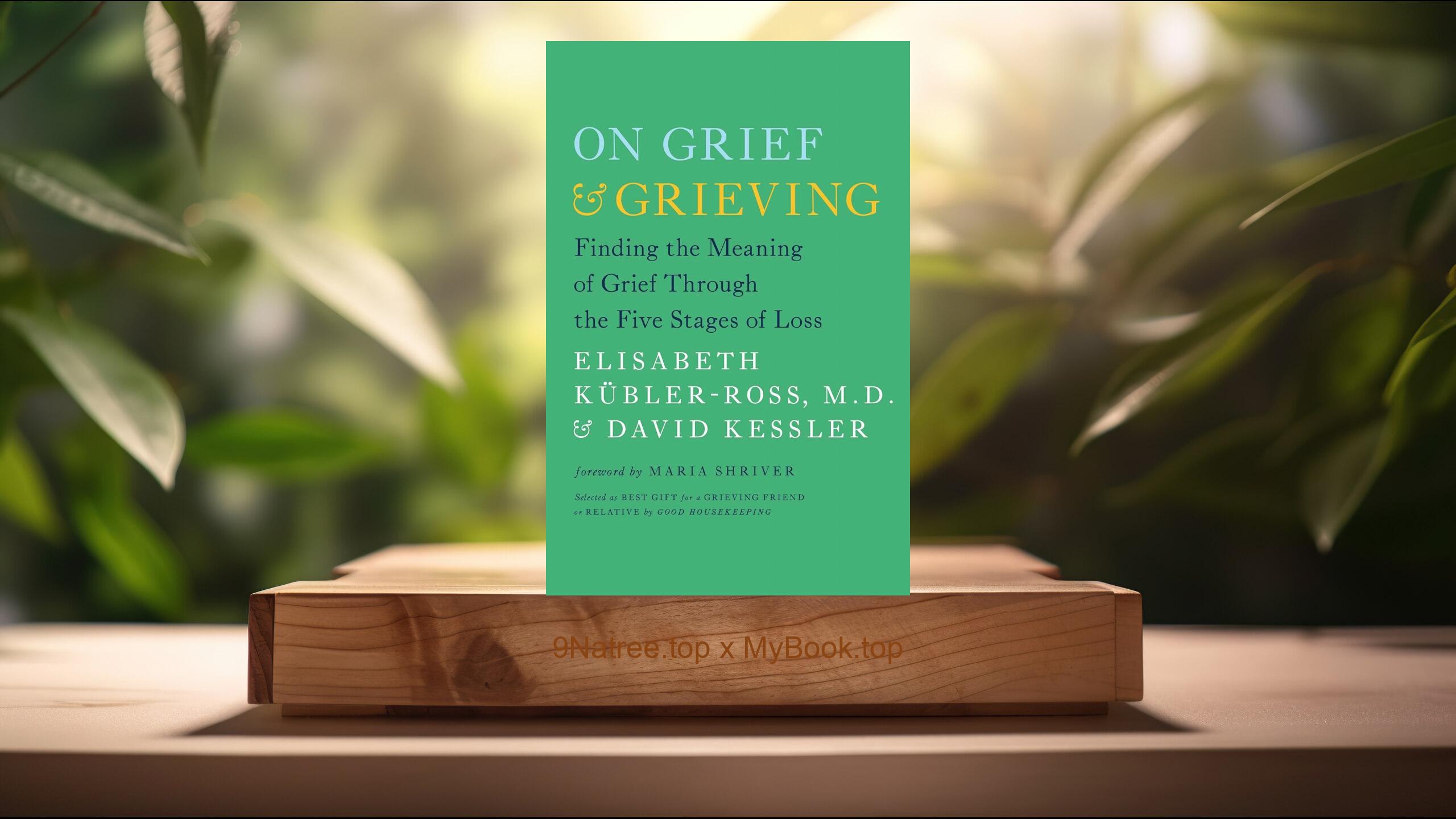Show Notes
- Amazon US Store: https://www.amazon.com/dp/B089WHXBRF?tag=9natree-20
- Amazon Worldwide Store: https://global.buys.trade/Mission-Economy-A-Moonshot-Guide-to-Changing-Capitalism-Mariana-Mazzucato.html
- eBay: https://www.ebay.com/sch/i.html?_nkw=Mission+Economy+A+Moonshot+Guide+to+Changing+Capitalism+Mariana+Mazzucato+&mkcid=1&mkrid=711-53200-19255-0&siteid=0&campid=5339060787&customid=9natree&toolid=10001&mkevt=1
- Read more: https://mybook.top/read/B089WHXBRF/
#MissionOrientedInnovation #PublicSectorRole #CollaborativeEconomy #RedefiningValue #EconomicTransformation #SocietalChallenges #SustainableDevelopment #PublicPrivatePartnerships #MissionEconomy
These are takeaways from this book.
Firstly, The Apollo Moon Missions as a Model for Mission-Oriented Innovation, Mariana Mazzucato uses the Apollo moon missions as a cornerstone example to illustrate her vision of mission-oriented innovation. The moon missions in the 1960s are a testament to what is achievable when a clear, ambitious goal is set, and both public and private sectors collaborate seamlessly towards its achievement. The missions not only succeeded in landing a man on the moon but also spurred numerous technological advancements and innovations that have had far-reaching impacts beyond space exploration. This historical example serves as a blueprint in Mazzucato's argument for reorienting capitalism towards similarly ambitious missions. These missions, she argues, should address the most pressing issues of our time, such as climate change, inequality, and public health crises. By aligning resources, policies, and innovation around clear, bold objectives, Mazzucato believes we can achieve significant societal progress.
Secondly, Reimagining the Role of the Public Sector, Mazzucato advocates for a revolutionary reimagining of the public sector's role within the economy. She argues against the prevailing notion that the public sector is inherently less efficient and innovative than the private sector. By drawing from various global examples, Mazzucato demonstrates how the public sector can act as a dynamic and proactive market shaper, rather than just a market fixer. This involves investing in innovation and technology, setting bold policy agendas, and taking calculated risks. Furthermore, she suggests that the public sector should actively shape and create markets to direct economic and innovation activities towards the public good, through what she terms 'mission-oriented policies'. These policies are designed to tackle grand challenges by setting clear, ambitious missions that both the public and private sectors can rally around, thereby driving innovation, investment, and societal progress.
Thirdly, The Power and Necessity of Collaboration, A core tenet of Mazzucato's approach is the necessity for collaboration between the public sector, private sector, and civil society to address societal challenges. She argues that the complexity and scale of today's problems—such as climate change, public health, and social equity—require a collaborative, interdisciplinary approach where resources and knowledge are shared. Mazzucato emphasizes the role of government in facilitating and fostering such collaborations, by setting missions that align the interests and incentives of all stakeholders towards common goals. This includes not only co-investment in research and development but also the creation of new institutions and public-private partnerships that can navigate the boundaries between sectors. This approach seeks to leverage the strengths and capabilities of each sector, ensuring that innovation and economic activities contribute to the broader public good.
Fourthly, Redefining Value and Success in the Economy, Mazzucato challenges the current economic framework's narrow definition of value, which often prioritizes short-term profits and GDP growth over long-term sustainability and wellbeing. She argues for a broader concept of value that encompasses social, environmental, and economic outcomes, encouraging a shift from 'value extraction' to 'value creation'. This redefinition requires rethinking how we measure success in the economy, proposing metrics that account for societal welfare, environmental health, and equitable distribution of resources. By doing so, we can orient economic policies and corporate strategies towards achieving outcomes that genuinely benefit society as a whole. Mazzucato’s concept of value thus becomes a foundational principle in her vision for a mission-oriented economy, where the success of economic activities is gauged not just by financial returns, but by their contribution to societal missions and challenges.
Lastly, Implementing a Mission-Oriented Economy, Implementing a mission-oriented economy necessitates comprehensive changes in policy, corporate governance, and public engagement. Mazzucato outlines concrete steps for governments and corporations to adopt in order to pivot towards a mission-oriented approach. These include reforms in financing mechanisms to support long-term investments in innovation, structural changes in public institutions to enhance agility and responsiveness, and the adoption of new metrics for assessing economic and corporate performance. Additionally, Mazzucato emphasizes the importance of citizen engagement and democratic processes in choosing and shaping missions, ensuring they reflect societal values and needs. The transition to a mission-oriented economy involves fostering a culture of experimentation and learning, where failures are seen as opportunities for growth and innovation. By embracing these changes, Mazzucato believes that we can transform capitalism into a system that is fit for tackling the grand challenges of our time, unleashing the potential for profound societal and environmental benefits.
![[Review] Mission Economy: A Moonshot Guide to Changing Capitalism (Mariana Mazzucato) Summarized](https://episodes.castos.com/660078c6833215-59505987/images/1856242/c1a-085k3-v6z2zjo7uoq-clmbjj.jpg)




